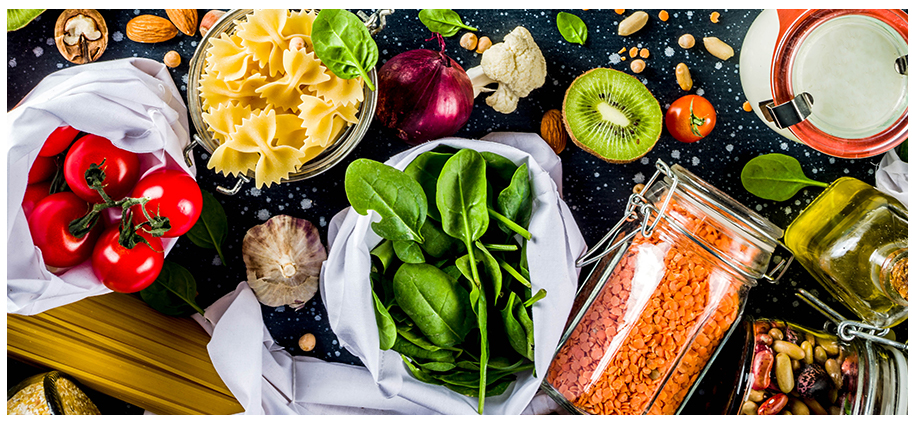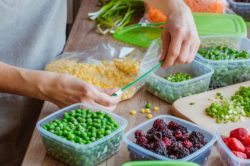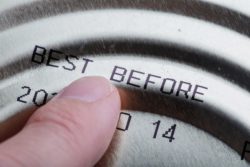5 tips to reduce food waste

We’re on a mission to reduce food waste at Better Food. Sadly, it’s estimated that UK households waste 6.6 million tonnes of food each year, of which nearly three quarters is considered to have been edible* (WRAP, 2018). Whilst recycling and composting systems help to mitigate the negative impact of food wastage on our environment, limiting the amount we throw away to begin with is the best way to reduce our carbon footprint.
We’ve compiled a few easy steps which can help to significantly reduce your food waste, and save money in the process!
Buy what you need
Our best advice for reducing food waste in the home is perhaps the simplest; try to only buy what you need. We get it, this one is difficult. Big supermarkets push large multipack options and hectic daily life limits planning ahead. Yet, by taking whatever time you have to hand and planning your meals ahead, you will save time in the long run and reduce your food waste, too. We recommend buying loose fresh produce and making use of refill options for store cupboard essentials, to ensure you’re only purchasing what you need (and cutting down on packaging in the process!).
Store your food correctly
When buying in larger quantities is unavoidable, understanding how to properly store food is a great way of maximising its shelf life and making sure what you’re eating is at its best. Here are a few of our favourite ways to store food:
- Store fruits away from your other produce, due to the ethylene gas they release causing other items to spoil or ripen too quickly.
- Remove any rubber bands around produce as soon as possible.
- Store fresh herbs in mason jars filled with a few inches of water
 Love your freezer!
Love your freezer!
In addition to saving left overs, bread & meat from the food waste bin, your freezer can also be a great tool for storing your fresh produce. As well as stopping them from spoiling whilst preserving nutritional content, there are a host of other benefits. Batch freezing prepped veggies can free-up valuable time in the week, making it easy to prepare quick and nutritious meals.
To get the best results out of your fruit and veg, look up how to prepare them before you freeze them. Stuck for freezer space? Remember that square containers take up approximately 25% less space than round ones do!
Know your product labels
Best before and use-by dates are an important way of ensuring the food we eat is safe to consume and of good quality. It’s really easy to confuse the two. In fact, this confusion leads to a whopping 20% of food being wasted that’s perfectly fine to eat! So you can see, understanding your labels is a huge way to cut down on food waste.
Best before dates refer to quality of food rather than safety, with food past its best before date is often perfectly safe to consume. Gov.UK offers some great advice on interpreting product labels and checking if food is safe to eat.
Smart recipes to use up old food
Turn your old food into delicious treats and cut food waste. Food that may appear past its best is often perfect for certain recipes. Stale bread is great for croutons and breadcrumbs. Left over pickle brine can save your veggies before they go off, and overripe bananas are perfect for banana bread. Have a few recipes up your sleeve, make yummy food and help tackle food waste. To put it into perspective, everyday we throw away approximately 920,000 whole bananas, that’s enough to cook up 20,000 batches of our banana and chestnut bread!
*WRAP, 2018 (Updated 2021). Food Surplus and Waste in the UK Key Facts.
Storage and recipe tricks:
https://www.food.gov.uk/safety-hygiene/best-before-and-use-by-dates/
